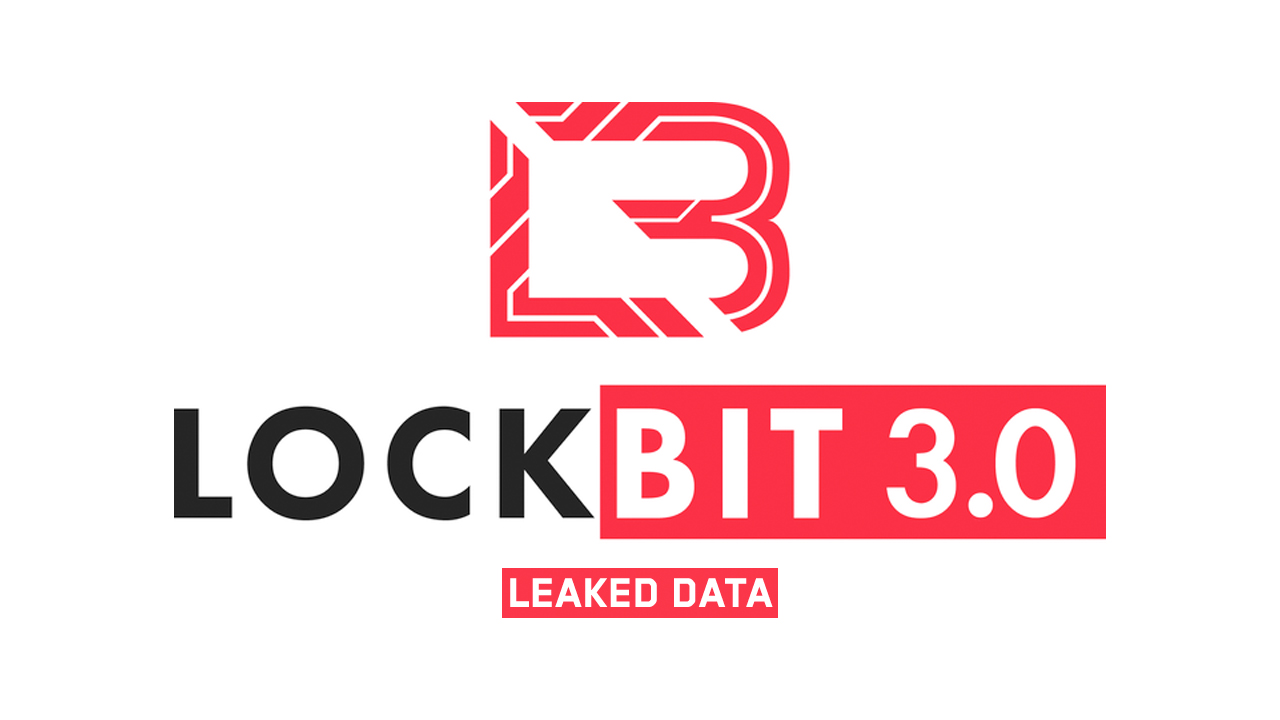DDoS attack hits Lloyds Banking Group mobile apps
But “vast majority” of customers unaffected over two-day attack

Lloyds Banking Group has suffered a DDoS attack that affected its online services intermittently over the course of two days.
An international criminal gang was responsible for the attack, according to the Financial Times, causing outages for Lloyds' online banking and smartphone banking app between Wednesday 11 January and Friday, 13 January.
IT Pro understands that the attack came from outside the UK and while it affected Lloyds, Halifax and the Bank of Scotland brands, the vast majority of customers could access their bank accounts as normal.
"We experienced intermittent service issues with internet banking between Wednesday morning and Friday afternoon the week before last and are sorry for any inconvenience caused," a Lloyds spokesman said.
"We had a normal service in place for the vast majority of this period and only a small number of customers experienced problems. In most cases if customers attempted another log in they were able to access their accounts. We will not speculate on the cause of these intermittent issues."
Typically, DDoS attacks target a service in short bursts, rather than for a more protracted period of time as in Lloyds' case. DDoS attacks have hit other banks too, with HSBC customers locked out of their online banking services this time last year.
Lloyds' attack comes shortly after cyber criminals targeted Tesco Bank in November, where the hackers bruteforced logins and passwords, eventually withdrawing funds from around 20,000 customers.
Get the ITPro daily newsletter
Sign up today and you will receive a free copy of our Future Focus 2025 report - the leading guidance on AI, cybersecurity and other IT challenges as per 700+ senior executives
The National Cyber Security Centre and the National Crime Agency are in charge of a criminal investigation into the Tesco Bank hack, according to the FT.
Emily Orton, co-founder and director of Darktrace, said: "DDoS attacks are nothing new. But this one on Lloyds Bank follows hot on the heels of the Tesco Bank hack - and was seemingly active over two days. It begs (sic) the question: are financial institutions doing enough to defend their networks?
"There's no silver bullet for cybersecurity. But, whoever the attackers are, your best chance of stopping these threats is to identify them early. That means spotting malicious behaviours from the inside of the network. Machine learning will be critical to doing that job because humans can't keep up with the sheer complexity of their organisations and the attacks."
Picture: Bigstock
-
 Asus ZenScreen Fold OLED MQ17QH review
Asus ZenScreen Fold OLED MQ17QH reviewReviews A stunning foldable 17.3in OLED display – but it's too expensive to be anything more than a thrilling tech demo
By Sasha Muller
-
 How the UK MoJ achieved secure networks for prisons and offices with Palo Alto Networks
How the UK MoJ achieved secure networks for prisons and offices with Palo Alto NetworksCase study Adopting zero trust is a necessity when your own users are trying to launch cyber attacks
By Rory Bathgate
-
 UK crime fighters wrangle “several thousand” potential cyber criminals in DDoS-for-hire honeypot
UK crime fighters wrangle “several thousand” potential cyber criminals in DDoS-for-hire honeypotNews The sting follows a recent crackdown on DDoS-for-hire services globally
By Ross Kelly
-
 US begins seizure of 48 DDoS-for-hire services following global investigation
US begins seizure of 48 DDoS-for-hire services following global investigationNews Six people have been arrested who allegedly oversaw computer attacks launched using booters
By Zach Marzouk
-
 Will triple extortion ransomware truly take off?
Will triple extortion ransomware truly take off?In-depth Operators are now launching attacks with three extortion layers, but there are limitations to this model
By Connor Jones
-
 GoDaddy web hosting review
GoDaddy web hosting reviewReviews GoDaddy web hosting is backed by competitive prices and a beginner-friendly dashboard, and while popular, beware of hidden prices
By Daniel Blechynden
-
 Japan investigates potential Russian Killnet cyber attacks
Japan investigates potential Russian Killnet cyber attacksNews The hacker group has said it’s revolting against the country’s militarism and that it’s “kicking the samurai”
By Zach Marzouk
-
 LockBit hacking group to be 'more aggressive' after falling victim to large-scale DDoS attack
LockBit hacking group to be 'more aggressive' after falling victim to large-scale DDoS attackNews The ransomware group is currently embroiled in a battle after it leaked data belonging to cyber security company Entrust
By Connor Jones
-
 Record for the largest ever HTTPS DDoS attack smashed once again
Record for the largest ever HTTPS DDoS attack smashed once againNews The DDoS attack lasted 69 minutes and surpassed the previous record of 26 million RPS
By Praharsha Anand
-
 Cloudflare unveils new One Partner Program with zero trust at its core
Cloudflare unveils new One Partner Program with zero trust at its coreNews Cloudflare CEO Matthew Prince says the initiative aims to take the complexity out of zero trust architecture
By Daniel Todd